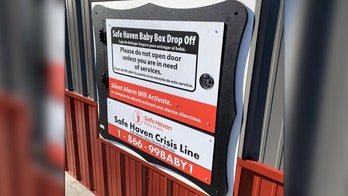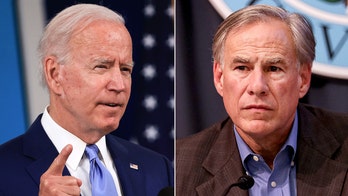Why reopening schools has become the pandemic's principal debate
The 'Special Report' All-Star panel discuss the two conflicting positions facing Joe Biden over getting kids back to class
Senate Republicans are set to force Democrats to cast votes on a variety of potentially uncomfortable topics in the coming days, taking advantage of the rules of the budget reconciliation process Democrats are using to advance President Biden's coronavirus stimulus plan while getting around a filibuster.
Debate on the budget resolution, which started Wednesday, will continue in the Senate on Thursday. After that time expires -- Senate Minority Whip John Thune, R-S.D., predicted that will happen shortly after lunch -- a process called a vote-a-rama begins.
During that time, any senator is entitled to file an amendment to the resolution, which could result in dozens of votes on various provisions going late into the night and even early into Friday morning.
Republicans strongly oppose the fact that Democrats are using reconciliation to advance the coronavirus stimulus and therefore plan to use the vote-a-rama as a way to punish Democrats, extracting a pound of flesh by forcing them into uncomfortable votes.
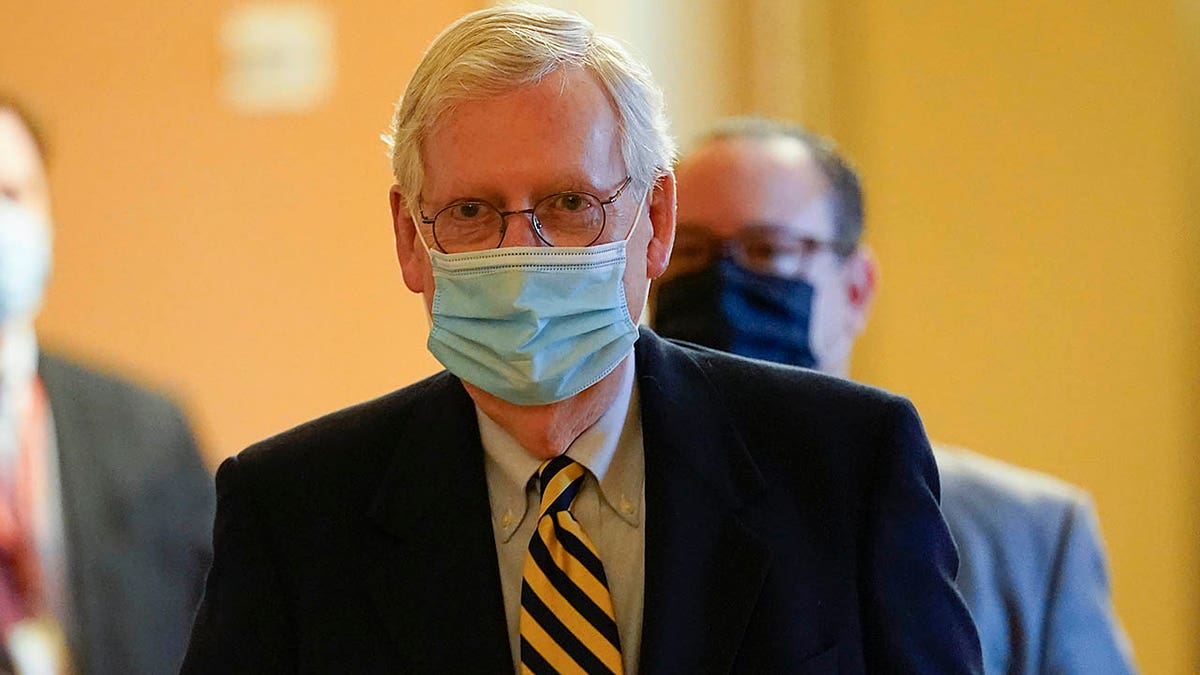
Senate Minority Leader Mitch McConnell of Ky., walks to speak on the Senate floor on Capitol Hill in Washington, Monday, Jan. 25, 2021. (AP Photo/Susan Walsh) (AP)
"The new President talks a lot about unity, but his White House staff and congressional leadership are working from the opposite playbook," Senate Minority Leader Mitch McConnell, R-Ky., said of the budget reconciliation process. "We’ll be discussing the facts... Senate Republicans will be ready and waiting with a host of amendments to improve the rushed procedural step that’s being jammed through."
He added: "We’ll be getting senators on the record about whether taxpayers should fund checks for illegal immigrants… whether Democrats should raise taxes on small businesses in the midst of this historic crisis… and whether generous federal funding should pour into school districts where the unions refuse to let schools open. And this is just a small taste."
In fact, just minutes after McConnell's floor speech, Sen. Josh Hawley. R-Mo., introduced an amendment that would oppose federal funding from schools that don't get kids back in classrooms.
"In spite of overwhelming evidence that schools can reopen safely, partisan advocates are using children’s education as a cudgel to push their radical agendas," Hawley said in a statement along with the amendment. "The effect on children and working-class families has been absolutely devastating. The federal government should put an end to this two-tiered education system for the haves and the have-nots by incentivizing schools to safely reopen."
In response, Senate Minority Leader Chuck Schumer, D-N.Y., criticized Republicans Thursday for their plan to introduce "messaging amendments" to "score political points."
"What amendments our friends in the minority propose is entirely up to them," Schumer said. He added that he hopes Republicans don't use "the debate over pandemic relief to sharpen... partisan talking points."
Schumer continued: "If there are good-faith amendments from the other side, we look forward to them."
Sen. Steve Daines, R-Mont., Wednesday also announced that he is leading seven amendments for the reconciliation process and co-sponsoring three.
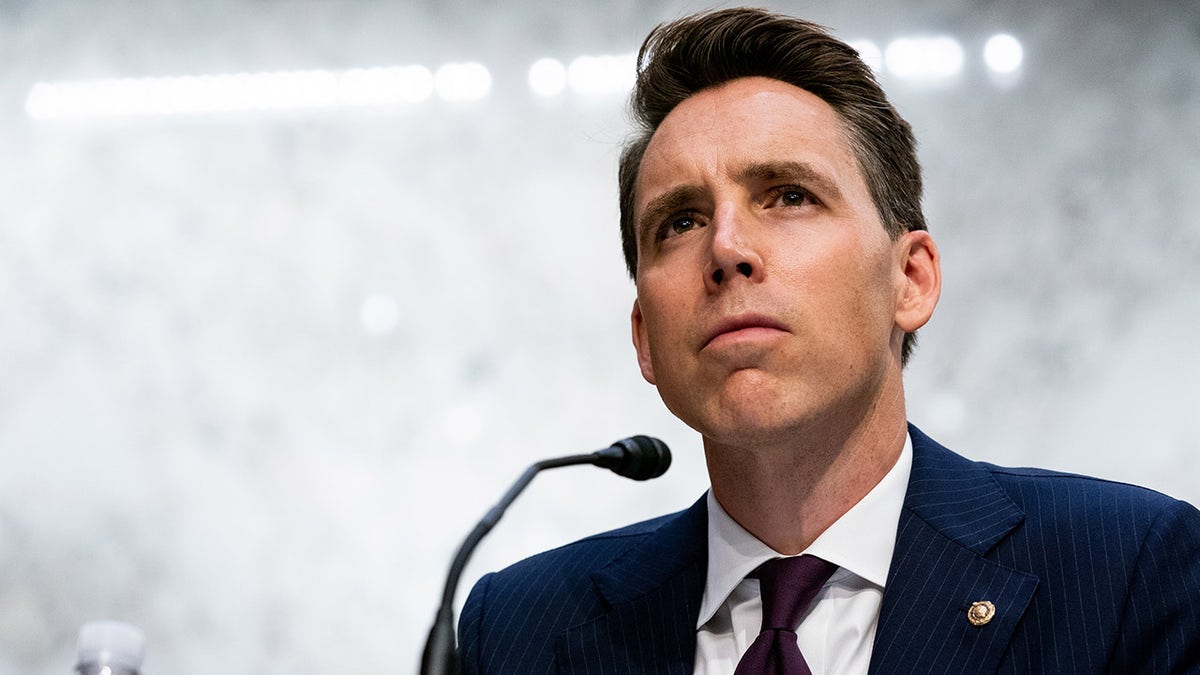
U.S. Sen. Josh Hawley (R-MO) listens while Supreme Court nominee Judge Amy Coney Barrett testifies before the Senate Judiciary Committee on the second day of her Supreme Court confirmation hearing on Capitol Hill on October 13, 2020 in Washington, DC. Hawley on Wednesday said he was introducing an amendment to oppose government funding for school districts that don't get kids into classrooms. (Anna Moneymaker-Pool/Getty Images)
Among them are amendments that advocate reversing the president's decision to cancel the Keystone XL oil pipeline; resuming oil and gas leasing on federal lands; stopping any tax increases while the pandemic is still going on; preventing the U.S. government from using taxpayer money to implement the Paris Climate Agreement; and more.
Sen. Tom Cotton, R-Ark., meanwhile, said in a release that he'll introduce amendments to support funding for the U.S. nuclear weapons program; oppose taxpayer funding from being used for abortion internationally and at domestic nonprofits; oppose illegal immigrants from using U.S.-government supported health care options; and support keeping the number of Supreme Court justices at nine.
"Republicans are happy to work with Democrats to bring COVID-19 relief to the American people, but we cannot and will not support a bill that redirects funds to long-standing Democratic priorities," Cotton said. "My amendments are designed to ensure the American people – not the Senate Democrats’ far-left policies – are protected."
Not all of the amendments that are introduced will get a full floor vote during the vote-a-rama. And some may be dropped as against what's called the Byrd rule -- a rule that says anything passed during budget reconciliation must have to do with the federal budget in some way.
MANCHIN INSISTS HE WON'T VOTE 'DOWN THE LINE' ON COVID RELIEF UNLESS BILL 'MAKES SENSE'
But the wide range of amendments Republican senators said they would introduce on Wednesday indicates that they plan to make the budget reconciliation process as painful as possible for Democrats. Republicans have decried the move to invoke reconciliation as a partisan gambit to avoid working with them on coronavirus relief.
Likely to be one of the hottest topics during the debate over reconciliation is reopening schools, which Republicans appear to have decided is a winning issue for them. Not only did McConnell dedicate the bulk of his speech Wednesday to criticizing Democrats and labor unions over the slow reopening of schools, but Sen. John Cornyn, R-Texas, gave a speech on the issue as well.
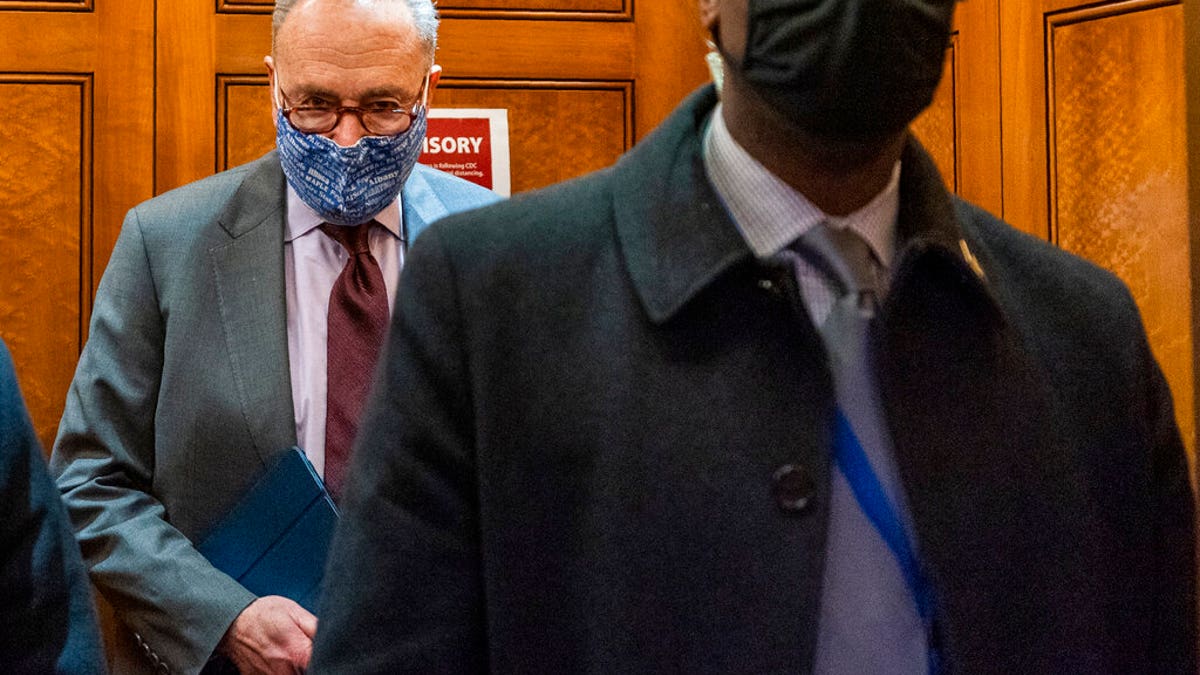
Senate Majority Leader Chuck Schumer of N.Y, takes the elevator in the U.S. Capitol, Friday, Jan. 22, 2021, in Washington. (AP Photo/Manuel Balce Ceneta)
The White House reemphasized to Fox News on Tuesday that it is committed to fulfilling its promise to get kids into classrooms in Biden's first 100 days, despite union pressure slowing its effort in the first couple of weeks.
Democrats meanwhile have accused Republicans of holding out on money that could go to schools to help them open in person, as well as money for local governments and other sectors of the economy they say is badly needed.
CLICK HERE TO GET THE FOX NEWS APP
"A safe learning environment means also personal protective equipment," Sen. Richard Blumenthal, D-Conn., said. "Barriers such as we're seeing in restaurants and other public places -- plexiglass and other kinds of dividers. And these kinds of essential equipment are the reason that we're advocating $130 billion for our schools."
Republicans say that plenty of federal money has already gone to helping schools reopening and that this just constitutes "moving the goalposts." But Schumer said in the Senate on Wednesday that more needs to be done.
"The $1.9 trillion budget resolution is designed to meet the needs of a country that has been devastated by disease and recession for nearly a year," he said. "Secretary Yellen told the Democratic caucus yesterday that it is her belief that if Congress fails to dedicate the necessary resources to meet the needs of the American people and survive this crisis, we will see long-term scarring in our economy, and our country would be mired in the COVID crisis for years."
Fox News' Jason Donner contributed to this report.



